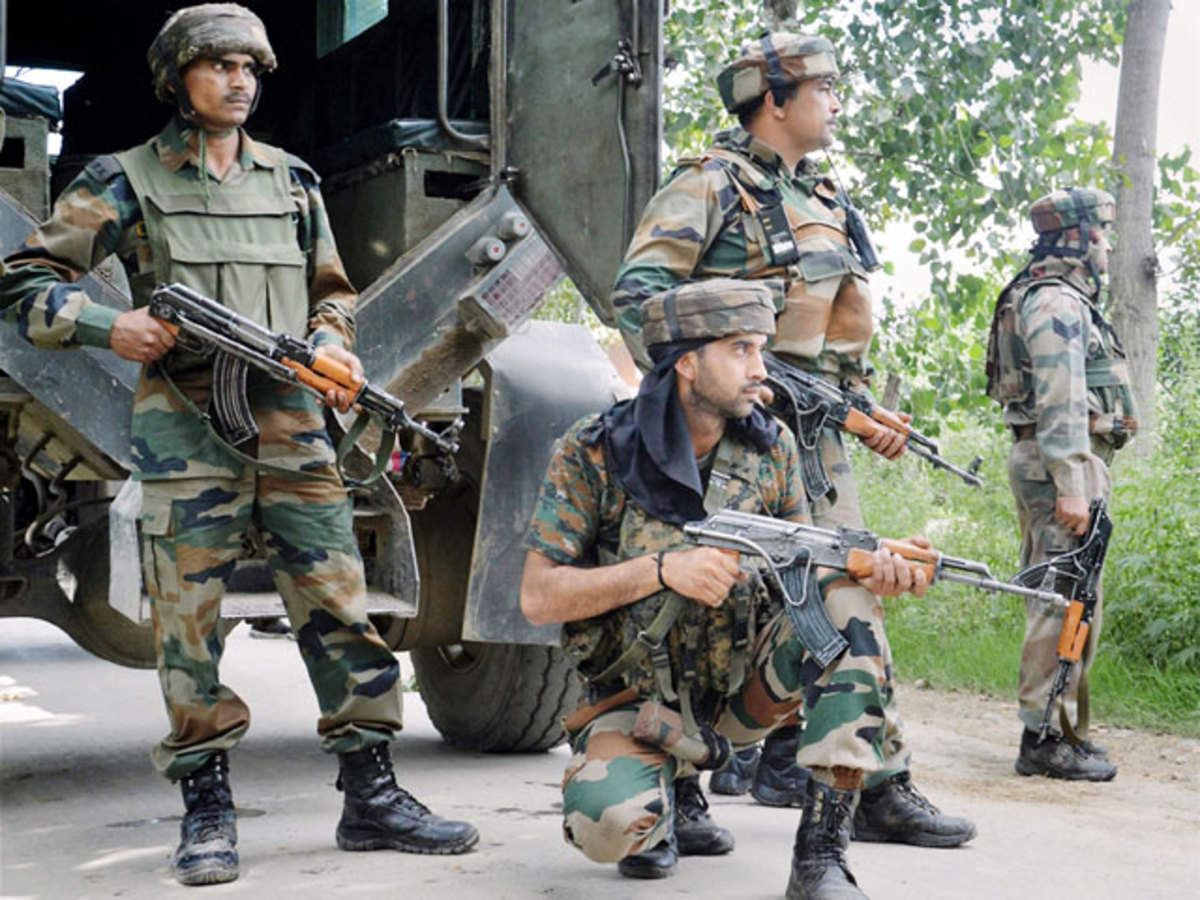Abstract
“Terrorism has become a systematic weapon of a war that knows no border or seldom has a face”. Hence, it becomes important to have effective strategies to counter such a heinous crime against mankind. In terms of dealing with it by force, it’s the army that rightly gets its job done, but what about the laws? are they effective enough in countering terrorism or are they just a formality on paper, this is indeed a very debatable topic.
India is a country that has been into the entanglement of the dynamic nature of terrorism but more has been the entanglements in its anti-terror legal frameworks. Over the years, after independence, there have been multiple such laws for countering terrorism which could either not stand the test of constitutionality or has been criticised for the draconianism it held. Further, there has also been a cluster of opinions, judgements of courts and questions over the fundamental rights, due to the laws implemented for tackling the evil of terrorism. Hence, in this paper, we ought to study and analyse the legal frameworks of counter-terrorism implemented by the government of India and their effectiveness in fulfilling their objective.
Introduction
The concept of terrorism has evolved significantly over time, tracing its roots back to the “Reign of Terror” during the French Revolution. Terrorism in the contemporary world is more dangerous than ever, from it getting embedded in the usage of cyberspace which may grant access to dangerous weapons, to the probability of using chemical or biological warfare tactics which would be devastating for the world.
Looking at the dynamic and diverse nature of terrorism in India, it can be said that having a generic policy for all states won’t be the correct approach, especially in a democratic country. The fact that human rights often tend to contravene the anti-terror legislation, finding the grey between the black & white is of utmost importance. The vague understanding of the word terrorism has been one of the prime reasons for various biases, and various other loopholes leading to unfair detentions, causing human rights violations.
Methodology
This paper relied majorly on secondary data to examine the legal frameworks for counter-terrorism. Data was sourced from reports and dashboards available on the websites of State and Central Government ministries/departments and also from the think tank websites showcasing data on terror laws in India. Some important sources were the Ministry of Home Affairs, the official gazette of India which offered comprehensive data for the previous years which helped in understanding the trends. The research papers and the Supreme Court cases were also referred to, which provided deep knowledge and insights on the topic. For recommendations, suggestions of experts and judgements of the Supreme Court were majorly relied upon.
Central Legislatures
Terrorism is the biggest threat to national security and it has to be dealt with utmost importance, which brings out the necessity of having rigid legal frameworks. Hence, the following analysis shows the government of India’s legal attempts to counter-terrorism to secure the nation’s security.
Terrorist and Disruptive Activities [TADA]
The TADA Act was introduced in the year 1985 by the Late. Shri Rajiv Gandhi led Indian National Congress party. It aimed at countering terrorist activities in the midst of growing terror in Punjab because of the Khalistani movement and also due to extremist activities in other states. The act also defined terror activity in section 3[1] focusing on the intent to overthrow the Government or to strike terror in the people by adversely affecting the harmony amongst different sections of the people. The opponents criticised the act, as it targeted political dissents and also for it being repealed to appease the minorities for creating vote banks.
Click Here To Download The Paper


📌Analysis of Bills and Acts
📌 Summary of Reports from Government Agencies
📌 Analysis of Election Manifestos

